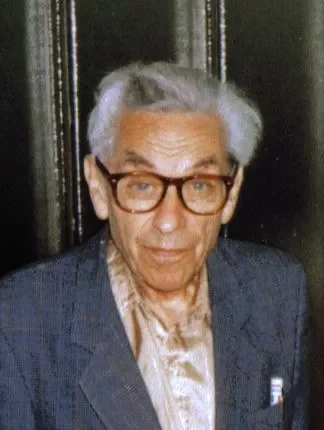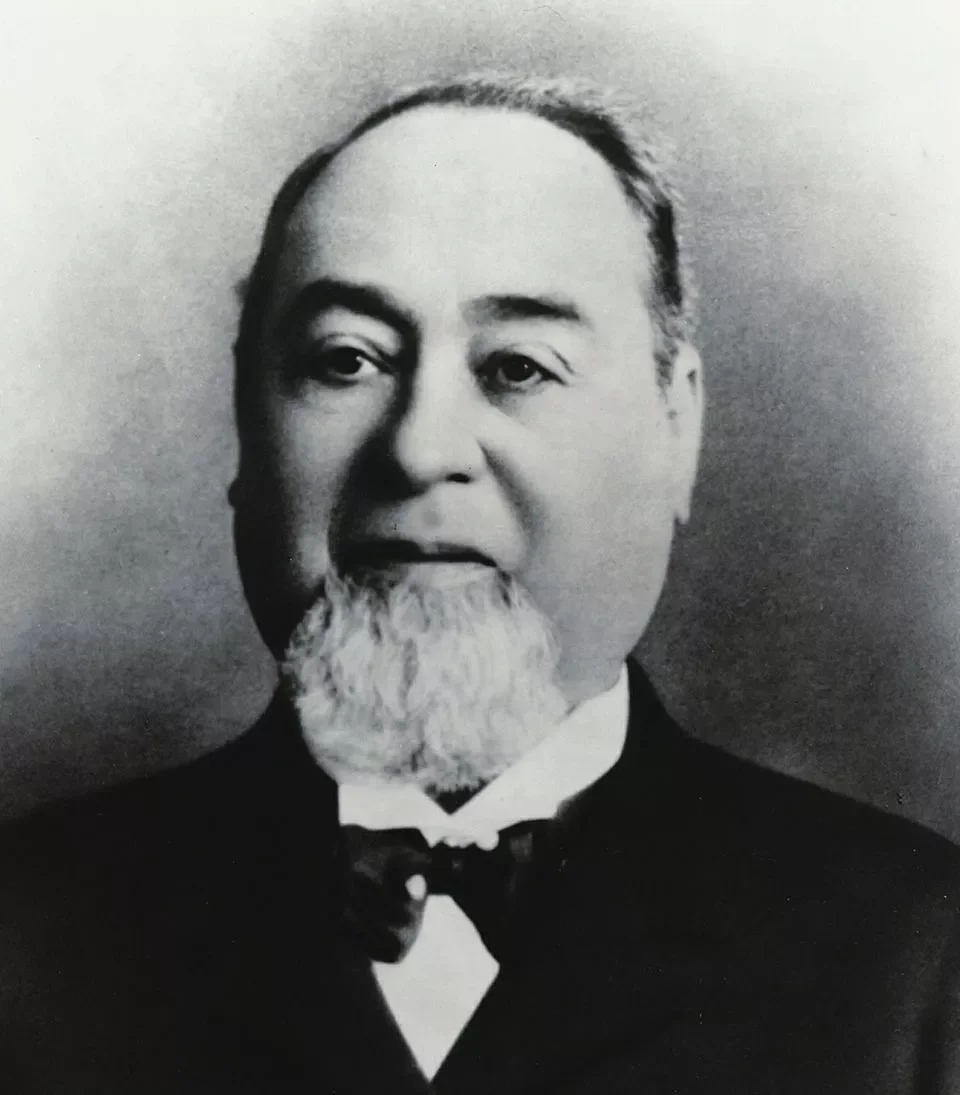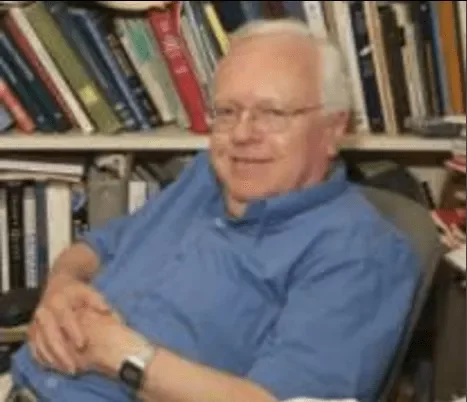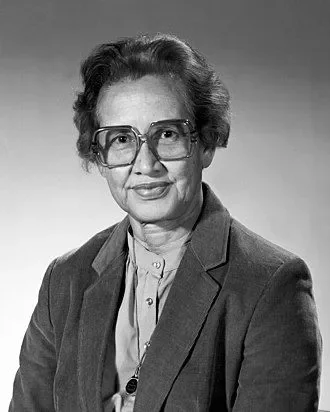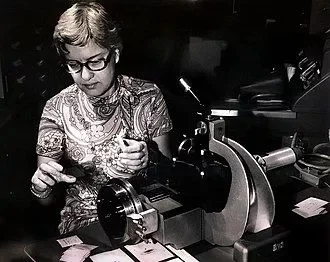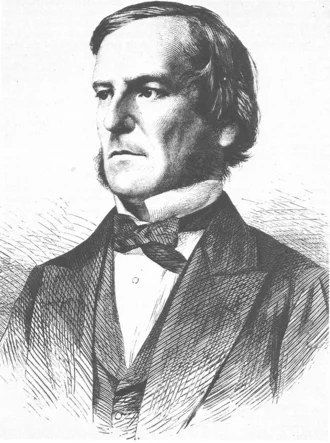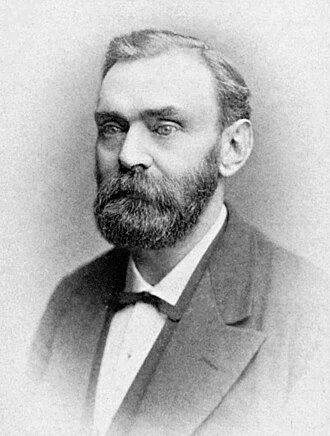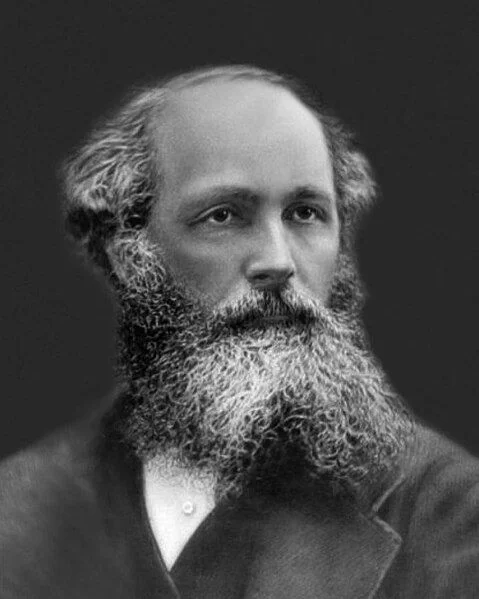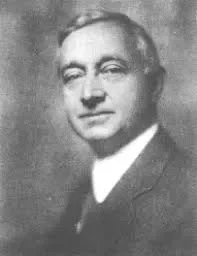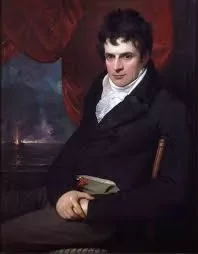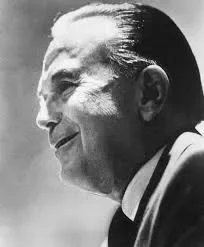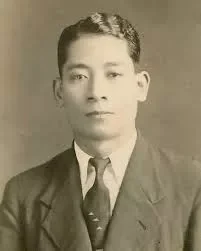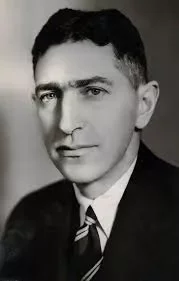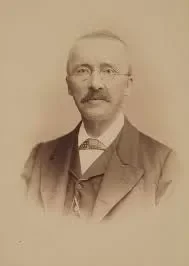Real Celebrities Never Die!
OR
Search For Past Celebrities Whose Birthday You Share
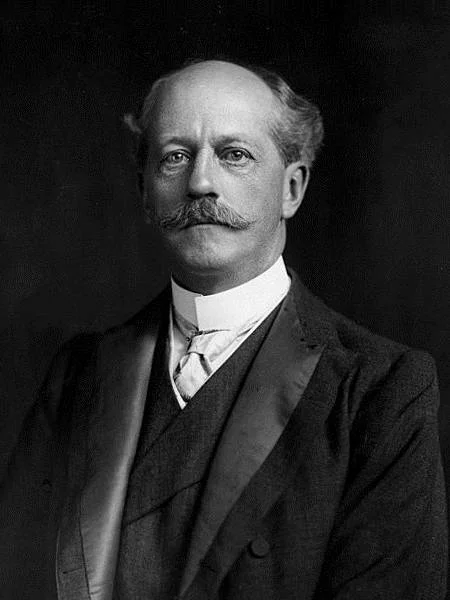
source: wikipedia.org
Percival Lowell
Birthday:
13 Mar, 1855
Date of Death:
12 Nov, 1916
Cause of death:
Stroke
Nationality:
American
Famous As:
Astronomer
Age at the time of death:
61
Percival Lowell's Quote's
Introduction
Percival Lowell, born on March 13, 1855, in Boston, Massachusetts, was a visionary astronomer whose work revolutionized the field of astronomy in America. He dedicated his life to unraveling the mysteries of the cosmos, particularly focusing on the search for life on Mars. While some of his theories have been disproven, Lowell’s contributions to astronomy and his establishment of the Lowell Observatory continue to shape our understanding of the universe.
Early Life and Education
Lowell was born into a prominent and affluent family in Boston, known for their involvement in textiles and philanthropy. Given his family background, Lowell grew up in a wealthy and intellectually stimulating environment. He graduated from Harvard College in 1876 with outstanding achievements in mathematics. During his graduation, he delivered a speech on the nebular hypothesis. During his time at Harvard, Lowell took a keen interest in the formation of the solar system.
Travels and Cultural Exploration
After overseeing operations at a cotton mill for six years, Percival Lowell embarked on extensive travels throughout the Far East, particularly in Japan and Korea. During his time in Japan, he discovered his profound fascination with Asian philosophies, religions, and culture. This newfound interest led him to make a life-altering decision – to travel to Japan to study its culture and language. He authored numerous books on Japanese culture, religion, and psychology.
In 1883, he also served as a foreign secretary and counselor for a special Korean diplomatic mission to the United States. During his time in Japan, Lowell’s interest in astronomical studies continued as he drew inspirations from the observations made by Italian astronomer Giovanni Schiaparelli.
Entry into Astronomy
Lowell’s interest in astronomy was ignited when he witnessed the transit of Venus in 1874. This event convinced him that there were intricate canal systems on Mars, constructed by an intelligent civilization to combat the planet’s arid conditions. In 1894, he established the Lowell Observatory in Flagstaff, Arizona, dedicating the remainder of his life to observing and mapping Mars.
Theories and Publications
Lowell’s observations led him to propose the possibilities of intricate waterways, which he thought were constructed by a highly advanced Martian civilization. He published his theories in books such as “Mars”, “Mars and Its Canals”, and “Mars As the Abode of Life”.
Search for Planet X
Additionally, he speculated about the existence of a ninth planet beyond Neptune, which he named Planet X. He initiated a search for this planet, which led to the discovery of Pluto in 1930, 14 years after his death.
Death and Legacy
Lowell died of a stroke in 1916 at the age of 61.
Name:
Percival Lowell
Popular Name:
Percival Lowell
Gender:
Male
Cause of Death:
Stroke
Spouse:
Place of Birth:
Boston, Massachusetts, U.S.
Place of Death:
Flagstaff, Arizona, U.S.
Occupation / Profession:
Personality Type
Logician: Percival Lowell was a curious mind who was constantly thinking about the way the universe operates.
He became inspired to study Mars and astronomy as a full-time career after he read Camille Flammarion’s La planete Mars.
He established the program and setting which helped Clyde Tombaugh to discover Pluto.
He preferred using smaller telescopes as he believed they were better for viewing fine planetary details.
Lowell spent a lot of his time in Japan, writing books on Japanese religion, psychology, and behavior.
Percival Lowell founded the Lowell Observatory in Arizona.


